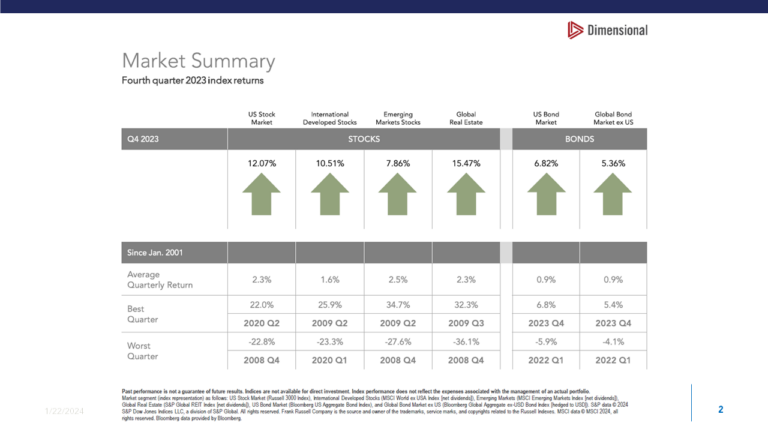The following is Part II of a four-part series from Senior Financial Advisor Winfred Jacob, CFP®
In Part I of our ongoing series on cash management and budgeting (click here if you missed it), we discussed the power of a simple system to manage our income and convert it automatically into savings, investments and debt reduction. We are talking about creating wealth. A good system will operate without continual decision making and daily stress. It should give us complete transparency and record keeping. It should keep score, so we can track our progress.
But to fully appreciate the benefits of one easy, seamless solution, that we will discuss later, it’s important to first understand the three underlying tools that make up a good cash management and budgeting process.
Budget: This is your forward looking plan for your future income and expenses. Assume that you must tell each dollar of earnings where to go in advance or it will be wasted. It is the difference between living intentionally versus randomly. Please note that savings, investments and debt reduction are planned for, intentionally budgeted and “captured”. They are not simply the accidental amount left over after spending.
Income statement: If the budget is what we intend to do, the income statement is where we tell the truth about what really happened. Consider this a video of your financial life where we capture all the action (transactions) that takes place between the first and last day of the month. It shows us all the money that came into our household and all the money that left so we can compare it to our plan (budget) and see what we really did with our money versus what we planned on doing.
Balance sheet: Consider this a screen shot or still picture of your wealth at a given moment in time. The picture shows us our net worth at that moment by counting up all our assets and subtracting all our liabilities. We take a picture at the end of each month to track our progress and compare it to the month before. In a perfect world, your net worth will be larger than the month before because with each paycheck you added to your retirement plan, captured savings and converted them to investment assets, and made payments that reduced your debt.
Over the course of time, we can track our growing wealth in monthly increments. But a funny thing happens along the way when we capture savings each month and add them to our investments. Our investments not only grow by the amount we added, but also due to the earnings they experience in the form of interest, capital gains and dividends. And then next year, there may be new earnings on the old earnings. Welcome to the world of compound interest. This is a very powerful wealth engine, and time is your friend. Small amounts of regular savings over time compound into very significant sums.
But another funny thing happens. Each month your net worth also grows because you are reducing your debt. And if you don’t replace it with new debt, you will have more available funds to add to your savings and the accumulation and resulting compound growth snowballs.
So let’s recap. Using these three tools, we will carefully plan out where each dollar of our income will go in advance, we will track our actual spending and compare it to the plan and then we will keep score once per month and celebrate our increase in wealth (more assets, less debt).
But truthfully, this is where the wheels start to fall off for a lot of folks. It seems like a lot of record keeping and unless you’re oddly excited by accounting, too much work to be sustainable month after month. Isn’t there some way to simplify this into one seamless application? Thankfully, yes there is. And we will get to that in our next installments.
Winfred Jacob, CFP®
Senior Financial Advisor


